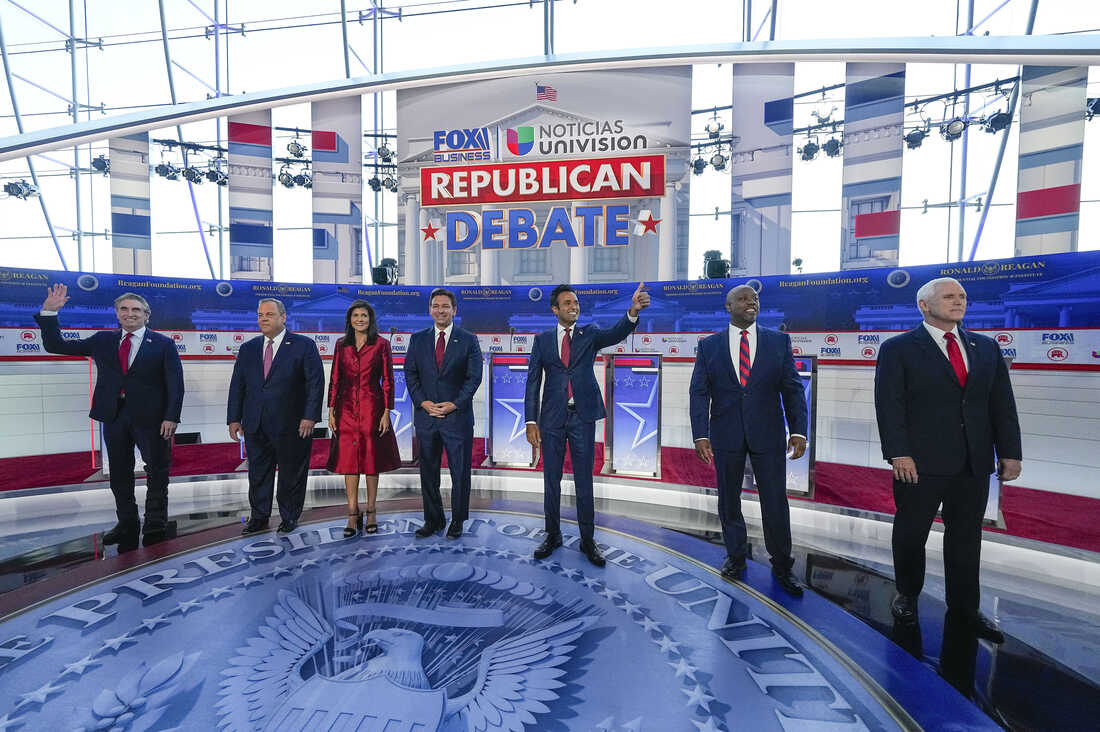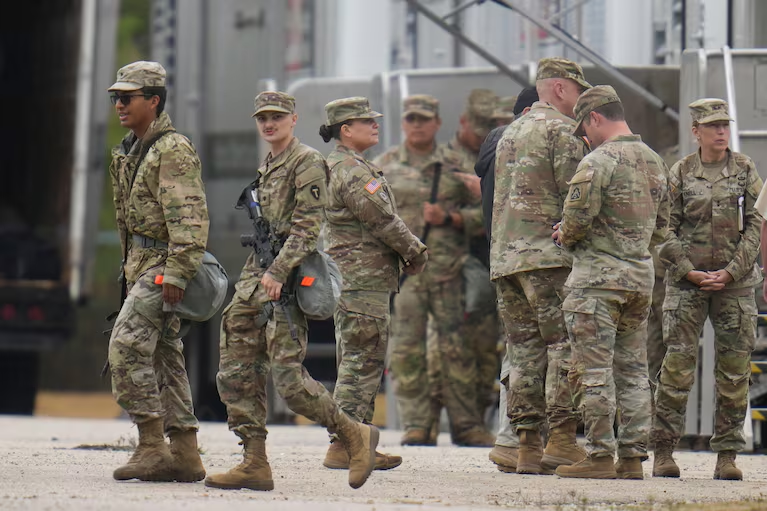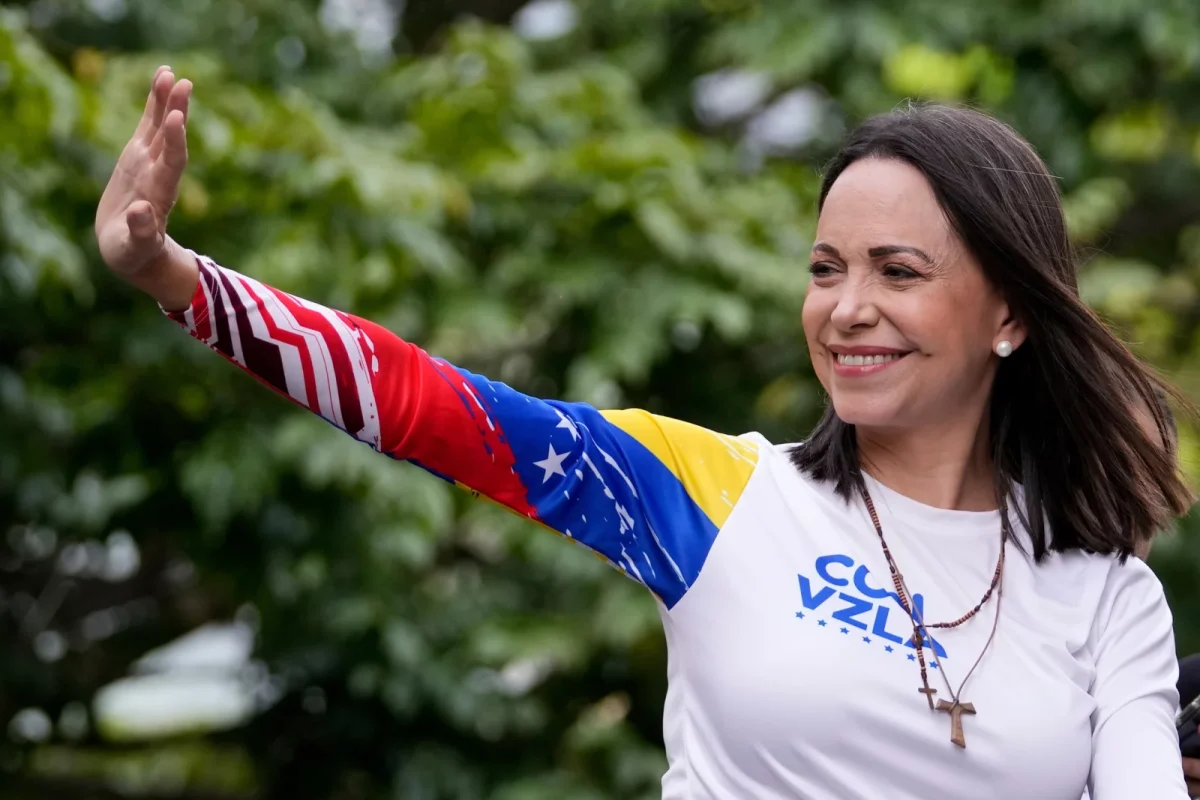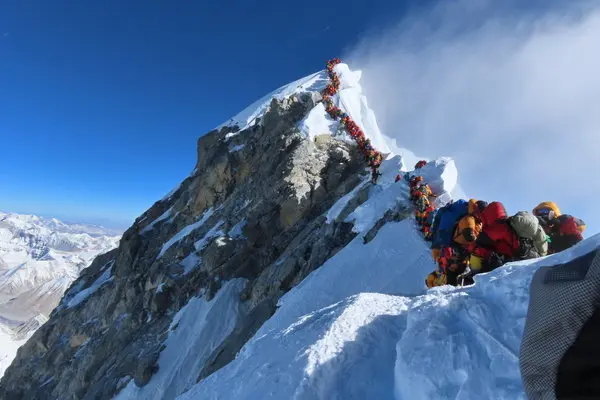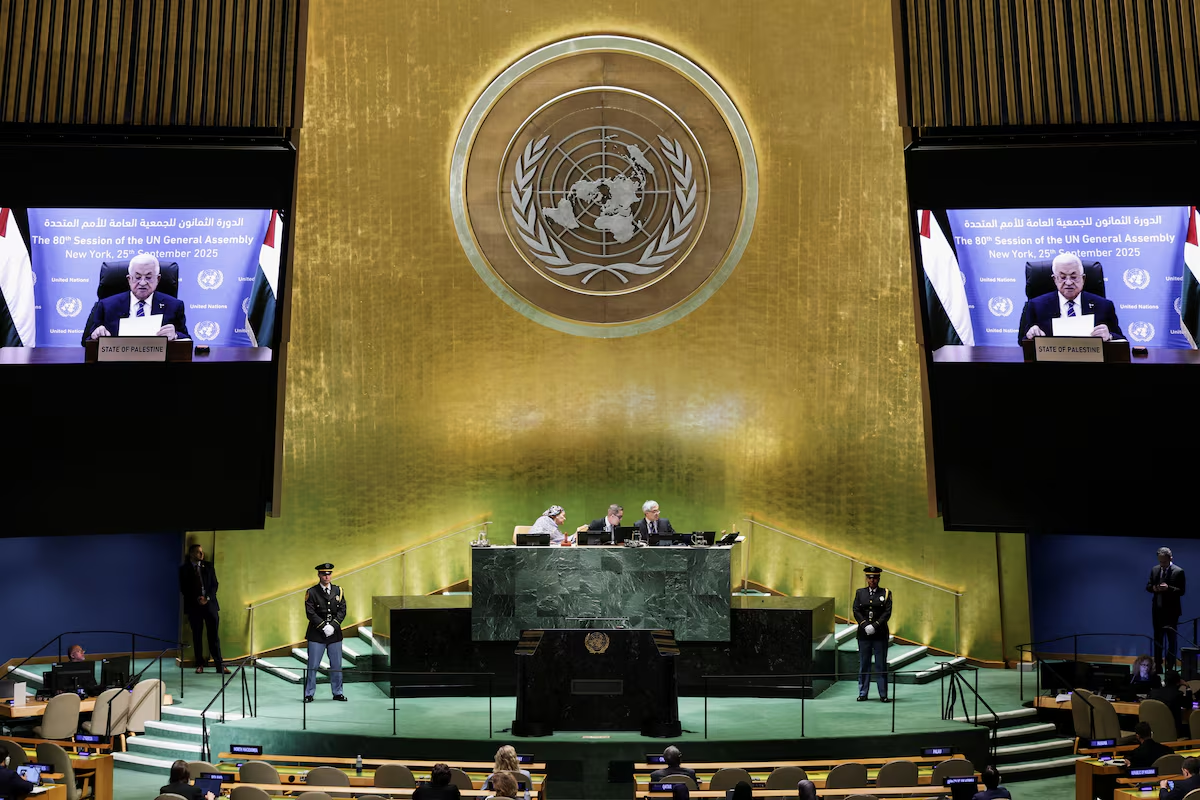On Sept. 27, the second Republican debate for the 2024 Presidential election was held. Within two hours, the most notable thing was how hard it was to get useful information from listening to the candidates.
One of the major reasons it was difficult to learn anything about the candidates during this debate was because candidates spoke over each other for a significant amount of time. Multiple times, two or more candidates would speak simultaneously, regardless of the moderator’s pleas.
The interruptions were far from the only hindrance to a productive debate from the viewer’s perspective. Most times a moderator asked a question, it would be met with a response to a previous question, an answer to a seemingly unrelated question, or an answer that only had some vague connection to the question asked of the candidate.
So, what useful information can be gleaned from this debate? While the substance of what each candidate supported was generally like the rest of the candidates, there were notable differences on some issues.
Possibly the biggest substitutive difference on any issue was the support of Ukraine in the war between them and Russia. On this topic, two clear sides were formed between those who believe the support the U.S. gives to Ukraine is important and those who believe the U.S. should not be spending money on Ukraine.
Candidates who supported aiding Ukraine included South Carolina Senator Tim Scott, former Vice President Mike Pence, former South Carolina Governor Nikki Haley and former New Jersey Governor Chris Christi.
The candidates who opposed continuing aid to Ukraine were Florida Governor Ron DeSantis and entrepreneur Vivek Ramaswamy.
Those who supported helping Ukraine did so because they believed it would weaken Russia and saw that as an important strategic goal for the U.S. Pence and Haley also made the argument allowing Russia to invade Ukraine without U.S. support would embolden China to go after Taiwan, as according to Haley, “a win for Russia is a win for China.”
Ramaswamy and DeSantis’s arguments against continuing aid to Ukraine differed somewhat.
Ramaswamy argued aiding Ukraine only deepens relations between Russia and China, and China should be the U.S.’s focus.
“Just because Putin is an evil dictator doesn’t mean that Ukraine is good,” Ramaswamy said. “This is a country that has banned 11 opposition parties.”
DeSantis’s response was harder to follow. He argues that “our own country is being invaded. We don’t even have control of our own territory.” It appears DeSantis is arguing instead of aiding Ukraine, the U.S. should be defending itself from its own invasion.
Undocumented immigration was a major focus of the debate, with one of the moderators showing a clip of Reagan advocating for amnesty for undocumented immigrants. The general belief of the candidates had very little disagreement, with most saying something along the lines of “we have to secure the border.”
There were many more issues talked about, with some concerning statements from Scott regarding a question about Florida’s school curriculum.
“Slaves developed skills which in some instances could be applied for their personal benefit,” the Florida school curriculum stated.
Scott condemned any positive mention of slavery but said, “Black families survived slavery, we survived poll taxes and literacy tests, we survived discrimination being woven into the laws of our country. What was hard to survive was Johnson’s great society.”
In essence, Scott seems to believe the welfare system of President Lyndon B. Johnson was worse for people of color than slavery.
The overwhelming feeling from this debate was most candidates had little proof of the issues they were discussing or proof their solutions would be effective. No source was given for what were sometimes wild claims.
One of the most noteworthy things about this debate was its absence of the Republican Primary frontrunner and former President, Donald Trump. While Trump’s name was mentioned many times during the debate, he was nowhere to be seen to counter the attacks against him. Instead, he chose to visit Michigan to meet with auto workers.



